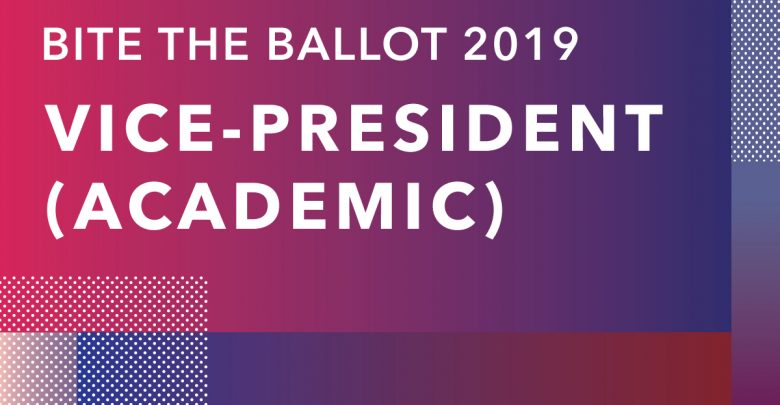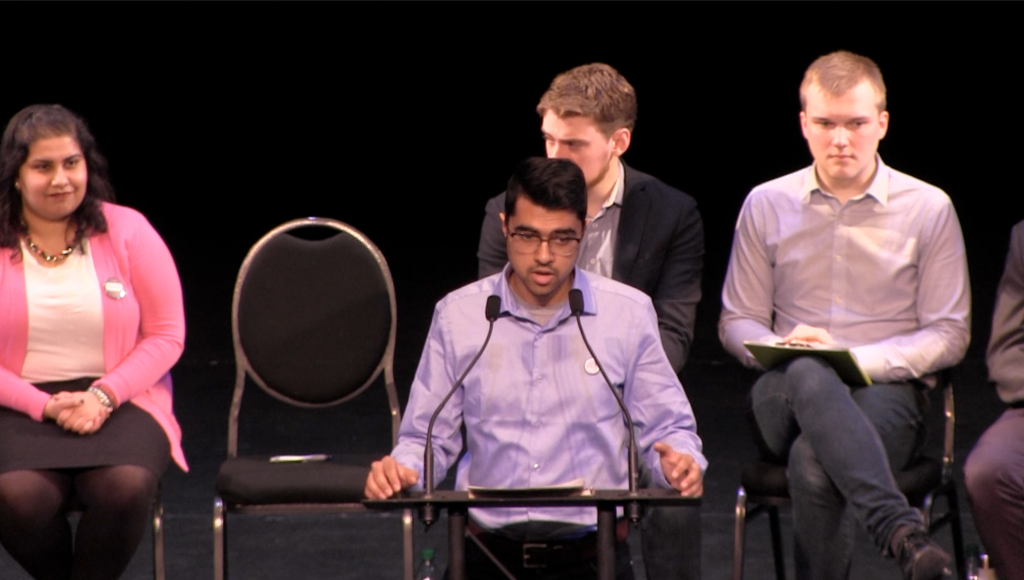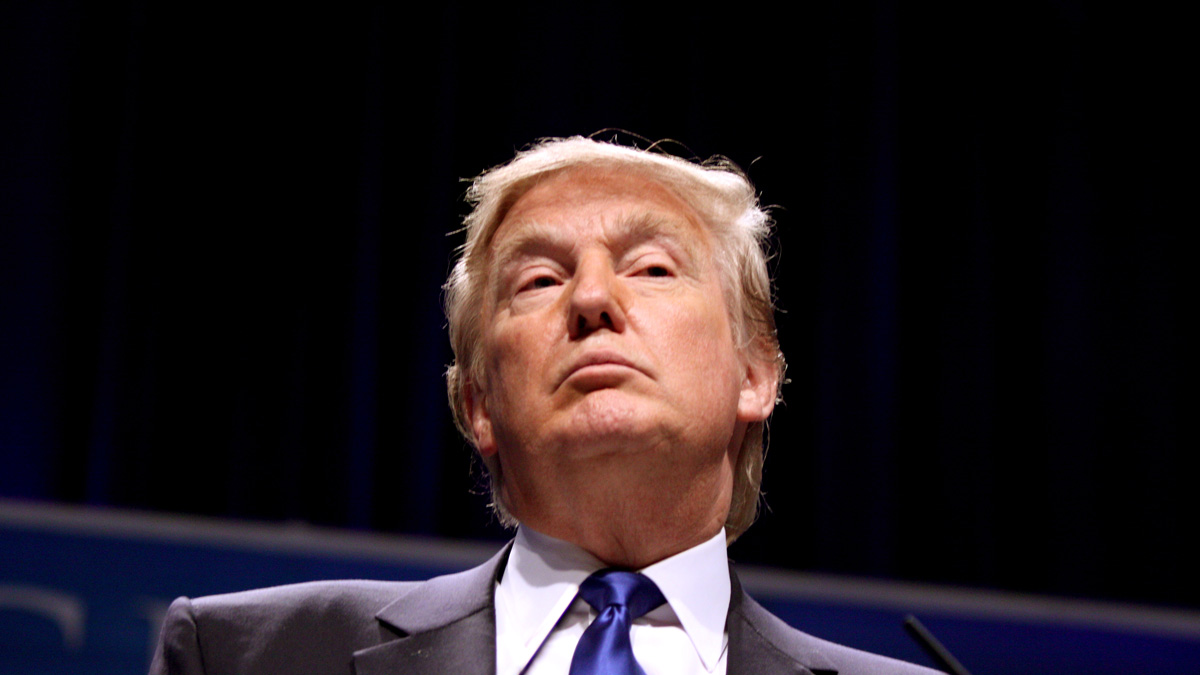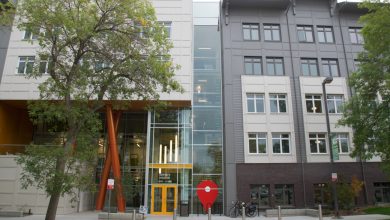 Jessica Tang
Jessica TangThe vice-president (academic) is responsible for student advocacy around academics in the university, including governance, program changes, and academic requirements. This means they sit on the General Faculties Council, the highest decision-making body for academic issues, as well as several of the council’s subcommittees. The VP academic also oversees student faculty and department associations, and sits on academic committees and working groups.
The vice-president (academic) position is uncontested this year, leaving the sole candidate a clear shot at the job.

Joel Agarwal
Joel Agarwal’s comprehensive platform is well laid out and easy to navigate. There are topic headings and subheadings, and goals with specific plans. The entire document is under 2,000 words, which proves to be much more reader friendly than a behemoth 20-plus page document, which some candidates for other positions have laid out.
The platform has three major categories: “learning outside the classroom,” “strengthening the academic community,” and “encouraging student leadership.”
Initiatives for “learning outside the classroom” have been Agarwal’s bread and butter this election season. It is the platform point most unique to him, and what he focused most on during the forums.
These initiatives to promote experiential learning (including research) centre mainly on advocacy and “strengthening the SU’s relationship” with organizations such as the Undergraduate Research Initiative (URI).
While campaigning for “advocacy” is inherently vaguer than giving a concrete plan, Agarwal has at least specified which initiatives he plans to promote concerning undergraduate research. Unfortunately, his “how” plan provides virtually no specificities other than “working closely with faculties and students.”
The most concrete of Agarwal’s points for “learning outside the classroom” are his plans to further expand affordable options for academic material by encouraging the usage of open educational resources and expanding the “Be Book Smart” campaign, an initiative which seeks to lower the cost of textbooks, to the U of A satellite campuses.
Pertaining to Agarwal’s plans to strengthen the academic community, he is mainly campaigning to offer more workshops and lower or eliminate the fees for the Academic Success Centre. It is not clear to what extent this is possible, as the university is already running a tight budget.
Agarwal’s plan to promote student leadership is to create a “collaboration fund” to incentivize collaboration between faculty associations. Again, Agarwal did not specify where this money will come from.
Now only one question remains: is Joel really the goal, or are you better off voting for “none of the above” and waiting for someone better to come along?
Who will win, and who should win?
Agarwal certainly hasn’t proved to be a stand-out candidate, nor a game changer. However, he has still put an appropriate amount of work into campaigning despite having no competition, especially when compared to the other uncontested positions this election. Agarwal stuck to the typical formula of the vice-president (academic) and didn’t say anything controversial. His platform has a nice mix of originality and tried and true campaign points. And as this is an uncontested race, it’s highly likely he’ll win.
Joel isn’t quite the “goal” vice-president (academic) candidate, but his experience as a student representative and his humble effort make him a good candidate nonetheless.
Agarwal has my vote, I think he should have yours too. See you at the (metaphorical) polls.




